Hi! Im flower 32, but you can call me Magnolia. Pronouns: Anything! Yeah I'm an adult, if you care. Here is where i will be posting stories and characters/art i make. (I also have AuDHD and will have a chaotic schedule) I will block you if i feel like it. DNI: pro shipper, Homophobic, Aphobic, Transphobic, Xenophobic, Racist, m-spec exclusanist, anti contracdictory lables, Anti Age/Pet Regression/Dreaming, Ableist, intent on starting discorse, or any thing remotely adjacent I am blocking you faster than you can blinkLink to YT Channle: https://www.youtube.com/channel/UCigTJQCftKA5S5AlCdfmCqA
Last active 3 hours ago
Don't wanna be here? Send us removal request.
Text

I was at Track and Field practice and I saw this behind the baseball field, I looked it up…. L. Frank Baum lived there!!! 😭😭😭
10 notes
·
View notes
Text

He's an autism creature
You can't change my mind
36 notes
·
View notes
Text
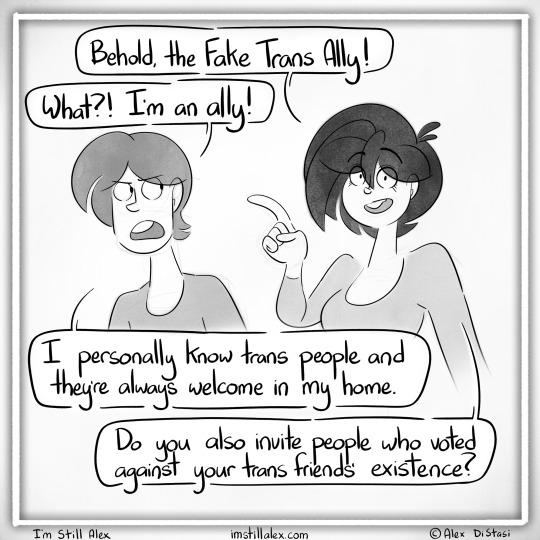

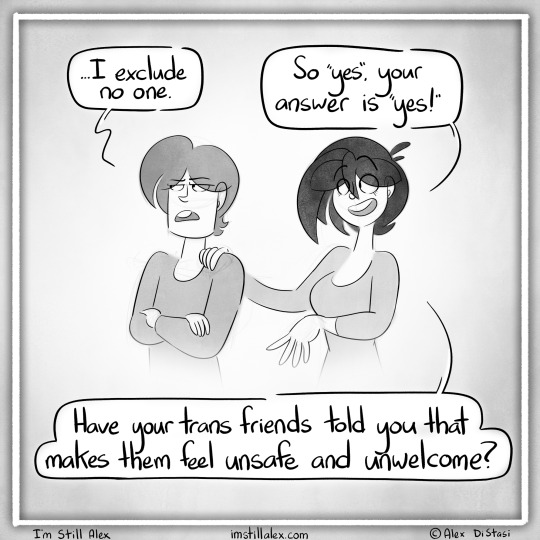



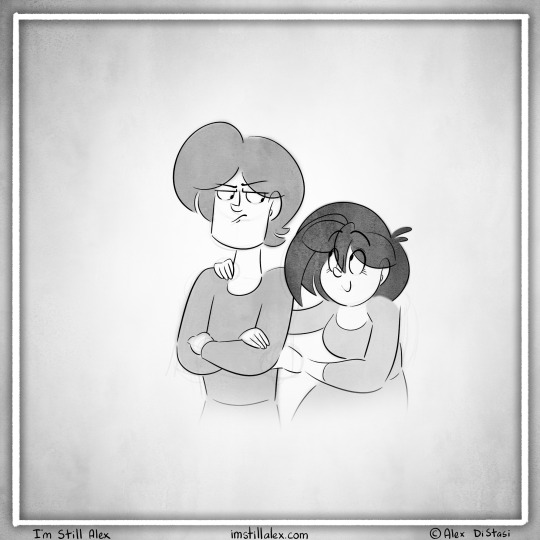
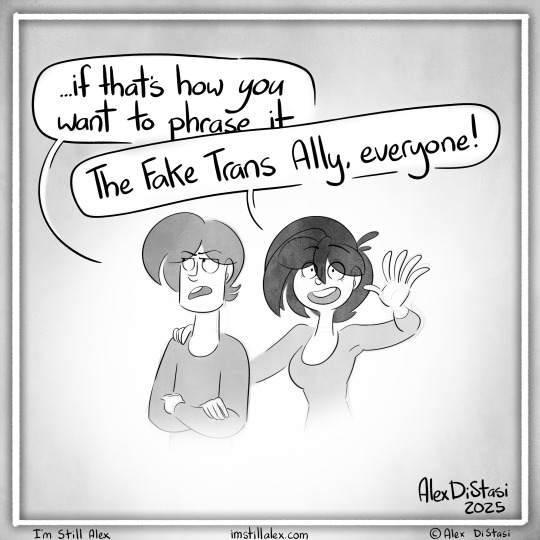
I’m hoping that this is as “angry” as I’ll get with a comic, but given how the world is shaping up politically at the moment, I fear that might not be the case.
It’s been incredibly eye opening to witness the degree to which some people I know are willing to bury their heads in the sand in order to avoid the reality of the awful things that are happening around them. Awful things that they were told were going to happen.
In America, people are being black bagged and shipped off to El Salvador without due process to be held indefinitely in prisons, with the current administration now making social media posts cruelly boasting that they’ll never return.
Make no mistake, if people are being kidnapped by the government, given no due process, and are shipped to a foreign nation to be held in prison with no intention to give them any legal recourse, we need to call these prisons what they are:
They are death camps.
The United States of America is rounding up “undesirables” and sending them to death camps.
There are people in this country that voted for this. No matter how nice they otherwise seem or claim to be, these people are evil to the core.
There are also people who didn’t vote for this, but do provide social validation and acceptance to those who did.
If you are someone who thinks you’re against fascism, but you also accept fascists in your life, you are a fascist.
There can be no acceptance of intolerance. In the comic, the person I’m lampooning is the “Fake Trans Ally”, but you can swap out “trans” for any other group of marginalized people. Frankly, just call this person “The Fake Ally.”
If you’re someone reading this and feel attacked because I’m calling you a fake ally, it’s time to do some soul searching. When the history books are written about this period of American history, are you going to be someone who was unambiguously against hatred, or were you someone that treated hate as acceptable?
Were you someone that invited hatred into your home?
Were you someone that shared a meal with hatred?
Were you someone that allowed hatred a safe haven?
If you’re someone that does that, you yourself are hateful.
When you accept hate, you do so at the expense of those who are the target of that hatred.
Be better, our lives depend on it.
6K notes
·
View notes
Text
THEY ARE SOO CUTE



made some simple emojis of my squishmallows! 💖
11 notes
·
View notes
Photo

Saw some Loveless Miku art one day and now here I am, drawing more Loveless Hatsune Miku.
78 notes
·
View notes
Text
oh btw this is your unfriendly and very aggressive reminder;

3K notes
·
View notes
Text
Does anyone else have this problem?
Me: I'm so tired. My body hurts. I can't move.
Someone: It's because you need to be more active.
Me: . . . Bruh I know but I literally just said I can't move??
82 notes
·
View notes
Text
Reminder that if you do not support
Polyamory
Lesboys, turigirls, gaybians and other good faith labels
Xenogenders
Neopronouns
Ect
Then you are not truly a safe space for queerness
Being queer is meant to be complex and go against the social norms!
#reblog#lgbtqia+#good faith labels#good faith identity#turigirl#lesboy#gaybian#xenogender#neopronouns#polyamory#polyamorous
77 notes
·
View notes
Text
aromanticism. you agree. reblog
4K notes
·
View notes
Text

This is the worst timeline. (x)
45K notes
·
View notes
Text
you've heard of 'there's no heterosexual explanation for this'
now get ready for:
'there's no neurotypical explanation for this'
1 note
·
View note
Text
reblog if you support:
• pre- or non-hrt trans people
• genderfluid/non-binary people who want hrt
• genderfluid/non-binary people who don't want hrt
• pre- or non-op trans people
• tall transfems
• short transmascs
• fat/plus size trans people
• fem trans men
• masc trans women
• transmascs who don't/can't/won't bind
• transfems who don't/can't/won't tuck
• transfems with wide shoulders
• transmascs with wide hips
• genderfluid/non-binary people with facial hair or tits
• genderfluid people whose presentation is static but their gender is not
• non-binary people whose desired presentation is how society says their agab should present
• transmascs who bind but still have a visible chest
• non- conventionally-attractive trans people
• non-conforming trans people
• non-"passing" trans people
• non-stereotypical trans people
We don't all fit into cisnormative society's bullshit stereotypes!
I'm trying to prove a point to some transphobic relatives. Back me up tumblr.
25K notes
·
View notes
Text

To my uk trans people and allies out there.
19K notes
·
View notes
Text
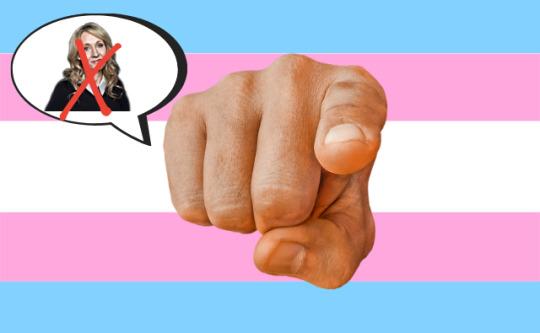
YOU hate JK Rowling!
265K notes
·
View notes
Text
A good video that accurately explains why stud is a term used for black lesbians only, not white, not poc, BLACK
I’m not even going to say please. Respect black identities and labels, they are ours for a reason.
39K notes
·
View notes

